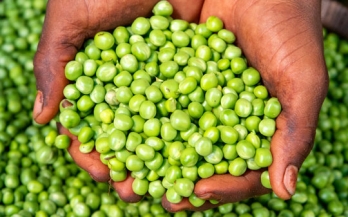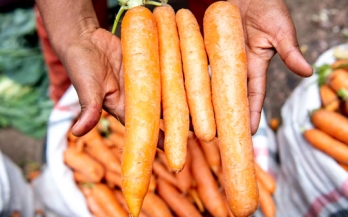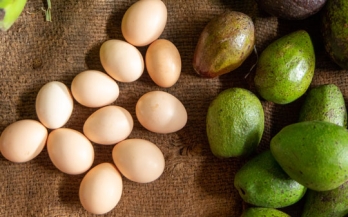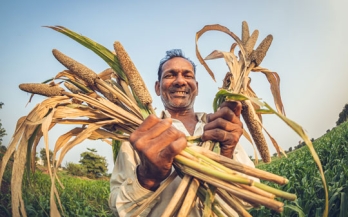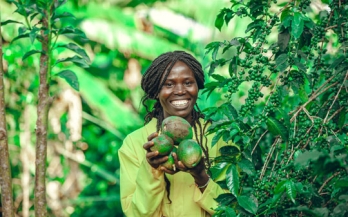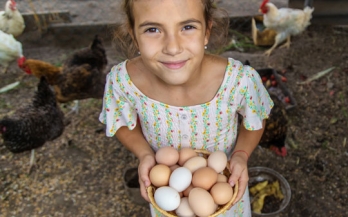The Global Alliance for Improved Nutrition (GAIN) has appointed Ann Tutwiler as Board Chair to succeed Felia Salim, who is completes her tenure in May. Ms Tutwiler will take up the position on 1st June.
The Transforming Urban Rural Food Systems (TURFS) Consortium launched its Strategy for Food Systems Transformation at COP28 on ‘Food, Agriculture and Water’ day.
GAIN announce that the Global Diet Quality Project (GDQP) has been honored with the prestigious Best International Research Award 2023 by the UK's Market Research Society.
Launching today are two reports outlining both the pathways through which nutrition and climate are connected and the current state of action on addressing these two issues. The reports will be launched at a side event co-hosted with the World Health Organization (WHO), the Food and Agriculture Organization (FAO), the Global Alliance for Improved Nutrition (GAIN), and the Scaling Up Nutrition (SUN) movement, along with an official reception hosted by Canada, New Zealand, and the United Kingdom.
In partnership with the Global Alliance for Improved Nutrition (GAIN) and Incofin Investment Management, the USAID Deputy Administrator Isobel Coleman and Assistant to the Administrator for the Bureau for Resilience and Food Security Dina Esposito announced the $6 million investment, in the Nutritious Foods Financing Facility (N3F).
Gallup, Harvard T.H Chan School of Public Health, and the Global Alliance for Improved Nutrition (GAIN), today launched the Global Diet Quality Project’s website, dietquality.org, releasing data from 56 countries alongside ready to use tools for diet data collection and analysis.
New research, published today in The Lancet Planetary Health, suggests the planetary health diet does not provide enough essential vitamins and minerals to nourish the global population. This is even more evident when looking at women of reproductive age (15–49 years) who have increased iron requirements due to menstruation. The planetary health diet provides just 55% of recommended iron intakes for this population.
GAIN launches new strategy to transform food systems, so they provide the nutritious diets people need in an environmentally sustainable way. The new strategy aims to amplify the growing urgency and awareness of the importance of transforming our food systems to tackle both human development and planetary needs.
Last week, the Global Alliance for Improved Nutrition’s presented its new 5-year strategy which aims to amplify the growing urgency and awareness of the importance of transforming our food systems to tackle both human development and planetary needs.
Animal-source foods—meat, fish, eggs, and dairy—play an important role globally in ensuring healthy and sustainable diets, according to a review published today in the Journal of Nutrition. In particular, many people suffering from undernutrition in Sub-Saharan Africa and South Asia would benefit from increased consumption of nutrient dense animal-source foods.





